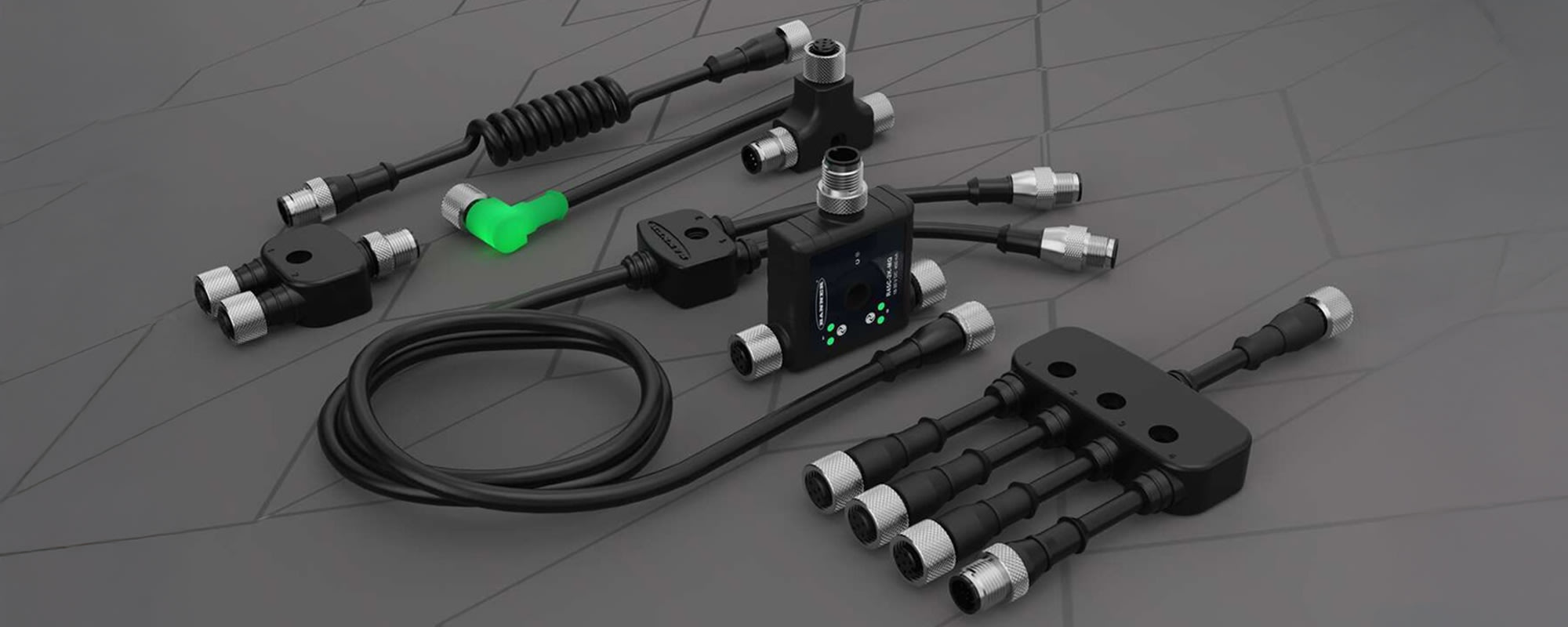It’s no secret that STEM careers tend to offer financial stability, but they also offer other benefits that can contribute to workers’ overall happiness and fulfillment, including the chance to make a difference, be a trailblazer, or even help save the world.
November 8th is more than just another day before Thanksgiving. It also happens to be National STEM Day, and that means that organizations throughout the U.S. are going to highlight the fields that currently account for 10.2 million jobs and 6.65% of the U.S. workforce according to a recent survey from the U.S. Bureau of Labor Statistics, or even more — closer to 36 million jobs and 23% of the U.S. workforce — according to data collected by the National Science Foundation, which has a more inclusive definition of STEM occupations. (To learn about the difference between the two definitions and other interesting facts, check out our “STEM Labor Market Statistics” article.)
In addition to these impressive employment numbers, data from these and other national organizations tells us that these jobs are pretty great. In 2021, the median annual salary for STEM occupations was $95,420, while non-STEM occupations earned a median annual salary of $40,120. And this doesn’t even factor in how secure these jobs are. During the COVID-19 pandemic, which saw widespread layoffs across virtually every major field, the STEM labor force only posted a 9% unemployment rate compared to a staggering 16% unemployment rate for everyone else.
But as the old adage goes, money can’t buy happiness, and neither can other logical benefits such as job security and employability. Life is too short to spend your professional career being miserable, regardless of how much you might make. Luckily, however, the benefits of working in STEM go far beyond the fiscal. To illustrate this point, here are just a few of the psychological benefits students and adults considering a STEM career stand to experience.
The Chance to Make a Difference
One of the most basic human desires is to feel like you matter, like what you’re contributing to this world is doing real good for not just you but for the world around you. In a recent survey of 2,000 American adults conducted by Walden University and Harris Interactive, 85% of respondents said they can make the world a better place through their actions. Additionally, 91% said that it’s important for individuals to get involved in positive social change, while 77% said that getting involved is personally important to them.
While it’s true that one can make a difference in ways large and small in any career, it can be easier to do so in STEM fields than many other fields. For instance, the very act of entering into a STEM field can be seen as an act of social awareness.
According to a report from the President’s Council of Advisors on Science and Technology, national economic projections point to a need for approximately a million more STEM professionals over the next decade than the U.S. will produce at the current employment rate in order to maintain its historical status as a preeminent hub of science and technology.
“We go where the smart people are,” said Howard High, chief spokesman for Intel, discussing how businesses might respond to a STEM labor shortage in the U.S. “Now our business operations are two-thirds in the U.S. and one-third overseas. But that ratio will flip over the next 10 years.”
STEM careers typically offer more than individual success. They allow you to be a part of something greater than yourself, contribute to the success of those around you — ranging from your colleagues and your community to your country — and, in many STEM fields, to make a positive impact on generations to come, and that’s no small feat, which can be intensely fulfilling.
The Fulfillment of Being a Trailblazer
While the chance to make a difference and contribute to the success of those around you can be inspiring, it’s far from the only benefit STEM careers offer in addition to financial stability. For women and minorities considering a future in STEM, the knowledge that their presence in the field is breaking down barriers for a more diverse and inclusive future can be an added advantage. In a recent report from the Pew Research Center, Black workers only accounted for 9% of the STEM workforce, compared with 11% across other industries, and some STEM fields, such as engineering and architecture, featured representation as low as 5%. Hispanic representation was similarly low, accounting for just 8% of all STEM workers compared to 17% across other occupations.
While women make up 34% to 50% of the STEM workforce, depending on the source, representation varies wildly. This is particularly true for fields related to math, physical sciences, computing, and engineering. The Pew study reported that Women earned less than one-quarter of bachelor’s degrees in engineering (22%) and computer science (19%) and no more than about three-in-ten master’s or research doctoral degrees in these fields as of 2018.
To change the tides of workforce representation and usher in equitable progress, there must first be a brave few willing to blaze the trail for those who wish to follow. And while trailblazing is never without its challenges, the lasting impact of inspiring and enabling future generations can also be incredibly fulfilling.
Save the World
It’s difficult to watch the news today without experiencing a sense of doom and gloom. This is particularly true for younger generations. In a 2021 Bath University survey of 10,000 people aged 16–35 from 10 different countries, 75% of respondents said they thought the future was frightening, while 56% made the stunning claim that they believed humanity was doomed.
What is the primary reason for such pessimism? According to the study, the answer is climate change, with 45% saying that their feelings about the climate impacted their daily lives. Those feelings were so strong, in fact, that 40% said that their concerns are making them hesitant to have children.
Visions of the environmental apocalypse are certainly part of the climate change conversation, but equally relevant to the younger generations is the perceived inaction of those in power to do anything about it. “This shows eco-anxiety is not just for environmental destruction alone, but inextricably linked to government inaction on climate change,” said Bath University researcher Caroline Hickman. “The young feel abandoned and betrayed by governments.”
STEM careers give people an opportunity to do something productive in response to such fears. In 2022 alone, the number of jobs in the renewable energy sector increased by 700,000, even despite the lingering effects of COVID-19 and the growing energy crisis. And other sectors, such as the automotive and energy industries, are poised for similarly rapid transformation in the coming years due to an increased global focus on sustainability.
So, while anyone can have anxiety about the future, people who pursue STEM careers have the power to help shape the future and be a vital part of the solutions they’d like to see in the world, which can do wonders to increase feelings of fulfillment and happiness in daily life. To quote another adage: If you love what you do, you will never work a day in your life.
A Day for Learning and Fun
While money and job security are undeniably important, STEM careers can offer workers many more meaningful benefits. A stable financial future can help you live more comfortably, but happiness is what helps make life worthwhile. So, for National STEM Day, take some time to talk to the young people in your life about the wonders of STEM and the benefits these jobs offer for both the world and the individuals who choose to pursue these careers. Consider visiting a local science museum, taking an online tour of one of the 17 Department of Energy National Laboratories, signing them up for a fun science class or coding class, or putting them in touch with someone who works in STEM so they can share firsthand examples of the many ways in which their career choice has benefitted their life.







